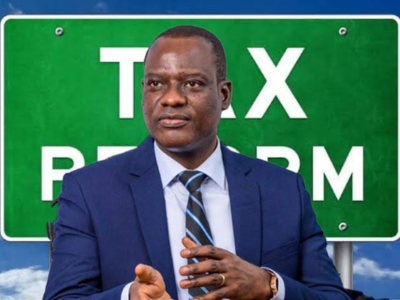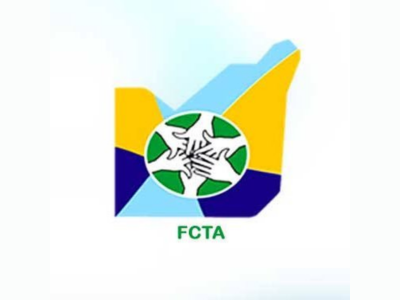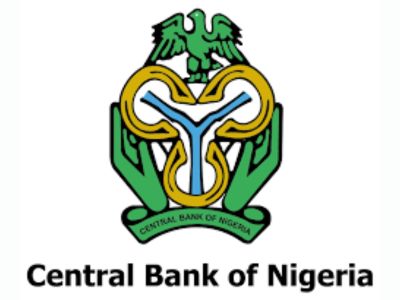Dollar-Only Ticket Sales by Airlines Ignite Passenger Outrage Ahead of Holiday Travel
- by Editor.
- Nov 04, 2025

Credit:
Nigerian air travelers are voicing strong opposition to international airlines’ refusal to accept naira for ticket purchases, insisting on U.S. dollar payments instead.
The backlash, which erupted at Murtala Muhammed International Airport on Monday, comes just weeks before the peak Christmas travel season and has sparked fears of inflated fares and further erosion of Nigeria’s currency sovereignty.
The controversy coincides with the Nigerian Civil Aviation Authority’s (NCAA) announcement of a new $11.50 Advance Passenger Information System (APIS) fee per ticket, effective December 1. The fee, intended to enhance passenger data digitization for security purposes, has added to public frustration over mounting travel costs.
Passengers described the dollar-only policy as exploitative and unpatriotic. “We gained freedom to register our land; no one should dictate our currency,” said Aderele James, a traveler bound for Morocco. Another passenger, Mrs. Lawson, called the practice “insensitive,” pledging to avoid airlines enforcing the policy.
Yinka Folami, President of the National Association of Nigeria Travel Agents (NANTA), acknowledged that airlines have commercial discretion but urged them to respect Nigeria’s legal tender. “Excluding the naira pressures our economy and hinders youth registration,” he said, advocating for naira-based ticketing to support job creation and fiscal confidence.
The APIS fee, separate from the longstanding $20 security levy introduced in 2010, has drawn skepticism from travelers and industry watchers who view it as an added burden during a period of economic strain. Critics argue that both the fee and the dollar-only policy ignore Nigeria’s ongoing foreign exchange challenges and could worsen inflation.
With no official response yet from the federal government, the uproar underscores the critical role of aviation in holiday mobility and the broader debate over economic sovereignty and consumer protection.













0 Comment(s)